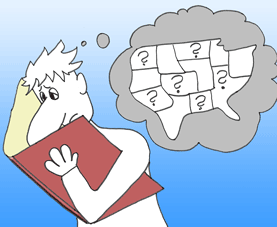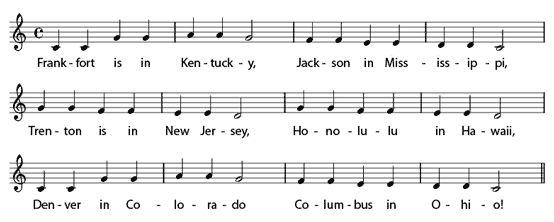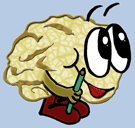Thank you for the music: How does music affect your memory?

Twinkle, twinkle, little star
How I wonder what you are
Up above the world so high
Like a diamond in the sky
Twinkle, twinkle, little star
How I wonder what you are.
Isn't it astonishing how well we can remember certain songs for an extremely long period of time, sometimes even for life?
One of the earliest songs I remember is the lullaby "Twinkle, twinkle, little star". When I was a little kid, my Mom used to sing it to me before I went to sleep. And although many, many years have passed since then: I still remember the melody and the lyrics.
Later, in high school, I recall having had to memorize the US states and their capitals for my American history class. Some of the state and capital names I could remember well, but there were six states which I just couldn't get into my head.
One day, after school, I had supper with my Mom and told her about this problem. She didn't say much at first. Later though, when I was already in bed, she came to me and said: "You know what? I will do something now that I haven't done for quite a while. Just close your eyes and listen."
 Actually, being almost 16, I felt strange when she did that, but I trusted her and closed my eyes. What I heard was a new remix of "Twinkle, twinkle, little star". My Mom's version had the melody of the lullaby and a new text: the six US states and state capitals that I found difficult to remember. And I tell you, that song worked wonders: I still know the capitals of Kentucky, Mississippi, Ohio etc.
Actually, being almost 16, I felt strange when she did that, but I trusted her and closed my eyes. What I heard was a new remix of "Twinkle, twinkle, little star". My Mom's version had the melody of the lullaby and a new text: the six US states and state capitals that I found difficult to remember. And I tell you, that song worked wonders: I still know the capitals of Kentucky, Mississippi, Ohio etc.
What is the magic about music? Why can it enhance our memory so well?
The exact neural mechanism of how music helps our brain retain and recall information is not clear to this day. Researchers assume, music stimulates different parts of the brain and "exercises" them and that these parts are also involved in memory. Another explanation is that music could form different neuronal connections to a single memory and thus help create additional pathways for recall.
Studies show that active and passive exposure to music have approximately the same effect on short term memory. If you sing or play an instrument actively, however, you can also affect your long term memory positively.
According to the Center for New Discoveries in Learning (Windsor, California), learning potential can be increased significantly by listening to music with 60 beats per minute, such as some of Mozart's music or baroque music. So, one way you can improve your memory is by listening to certain types of music such as Mozart's sonatas before taking a test.
So, dear Learner, when will you start your career as singer-songwriter for your own Learning Modules? And if you think that you may not be gifted with a pretty voice – who cares? At least you won't forget the content!
P.S. Have a look at our new US States & Capitals Learning Module!

|
MemoryLifter is available for free. The success of this freeware depends on whether people recommend it to others. Please forward this newsletter or tell a friend.

